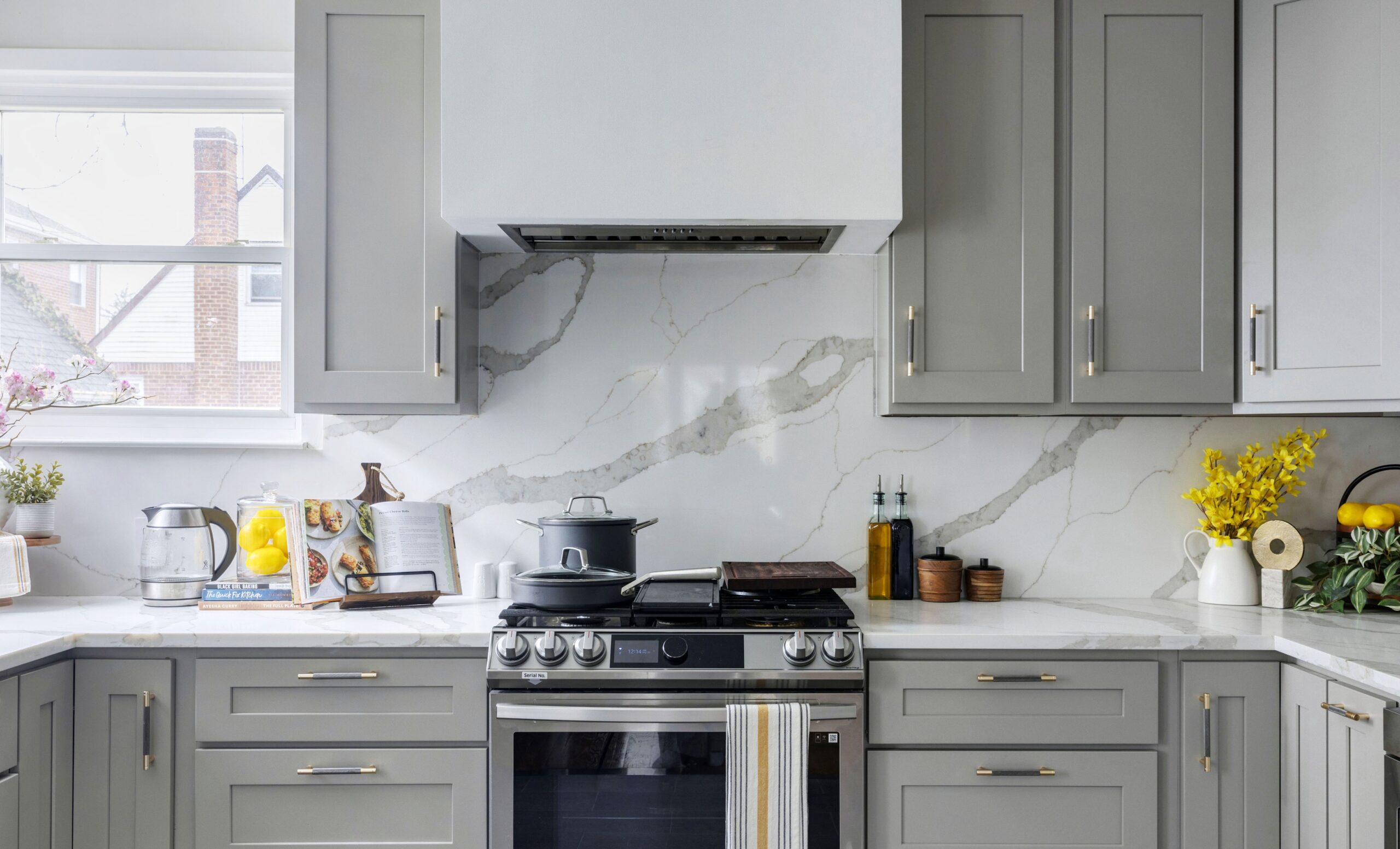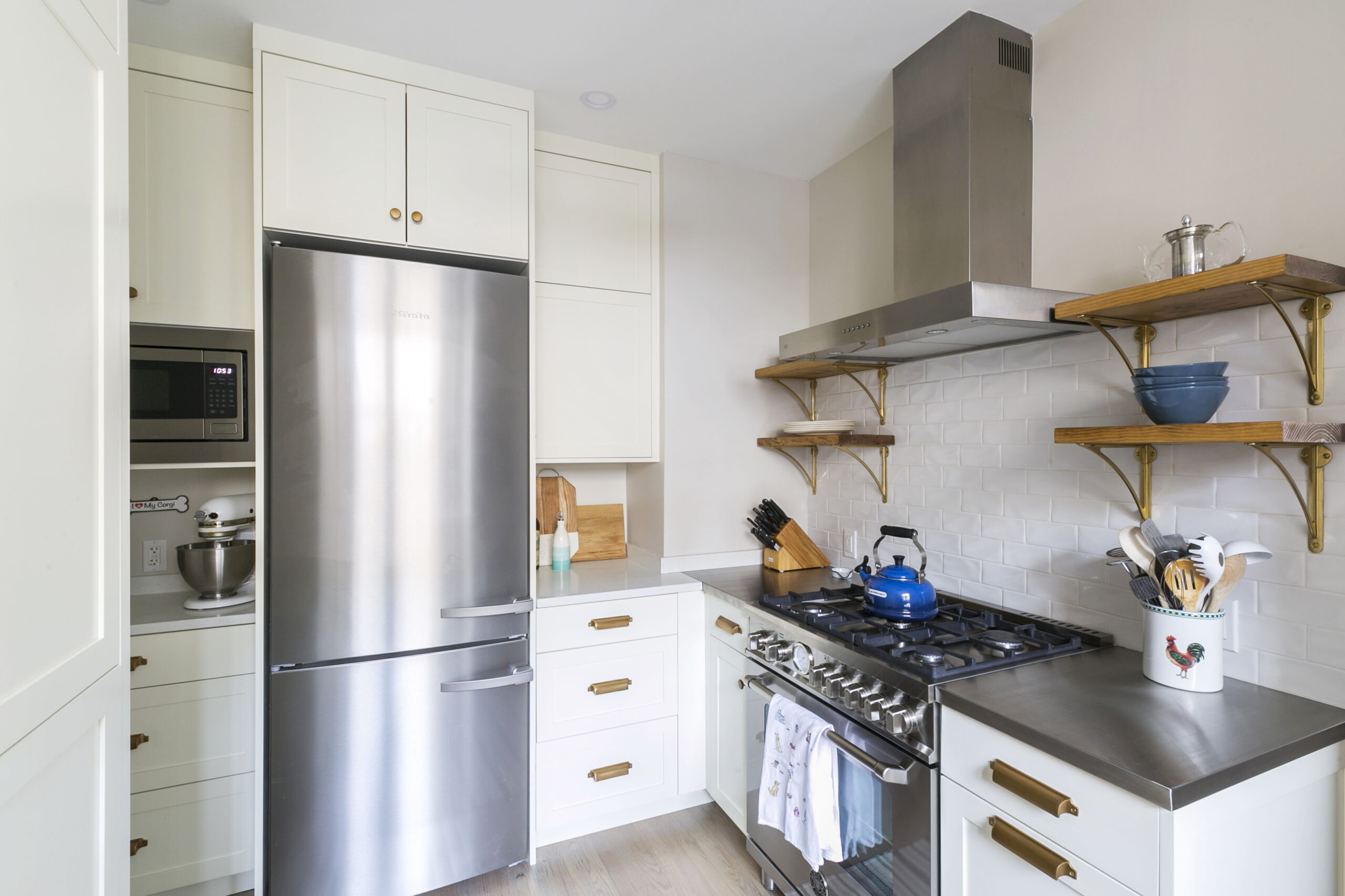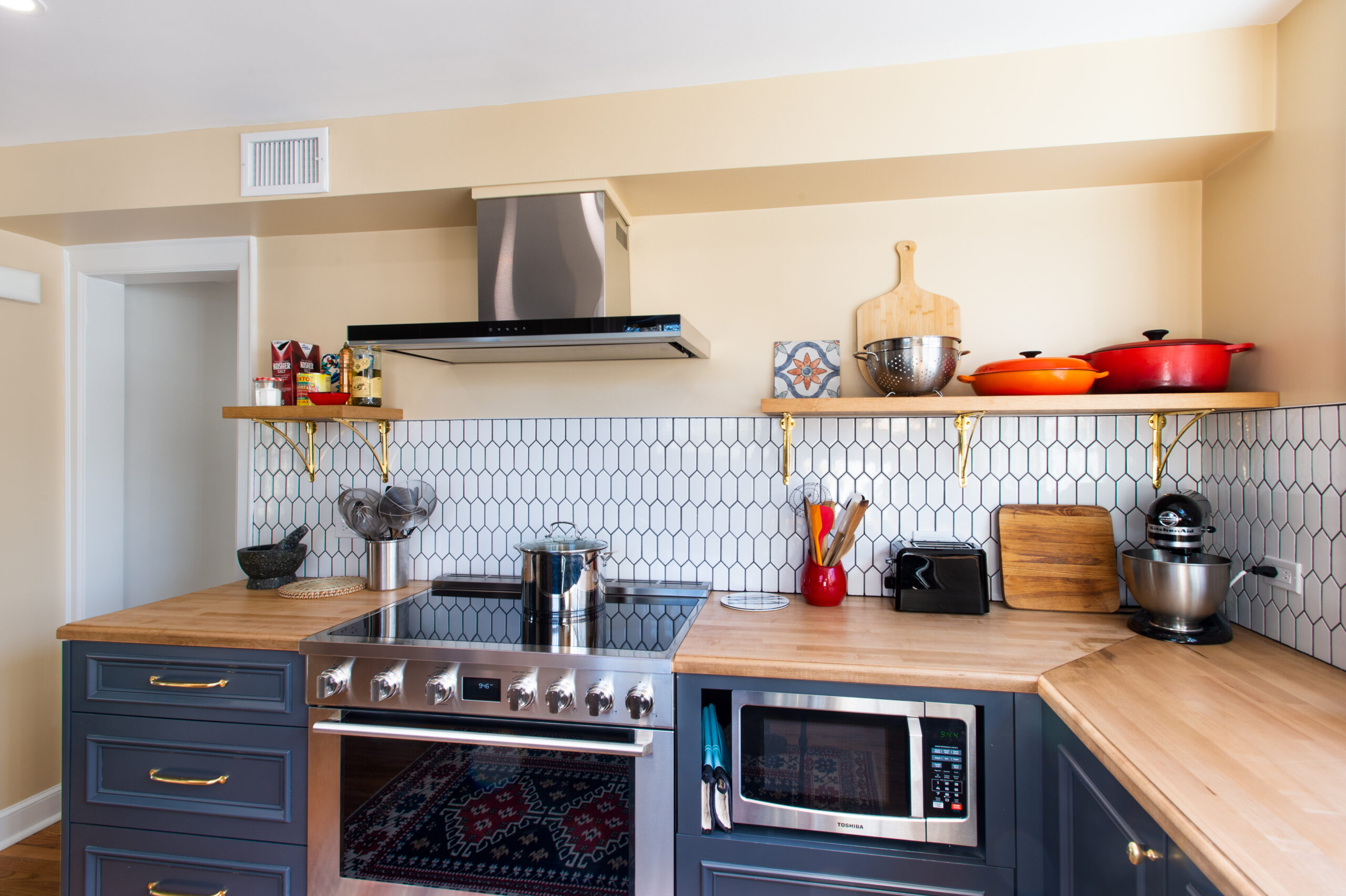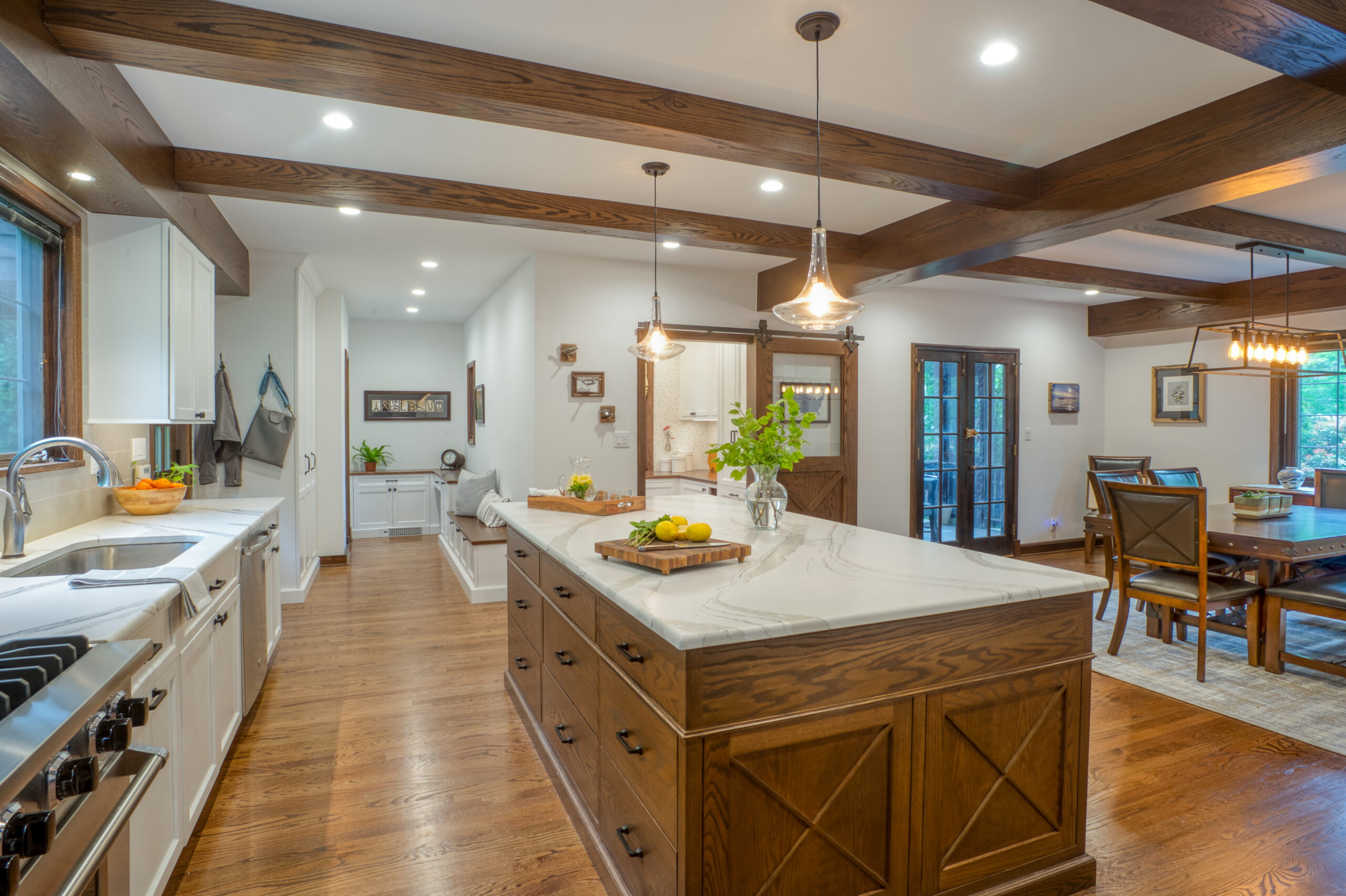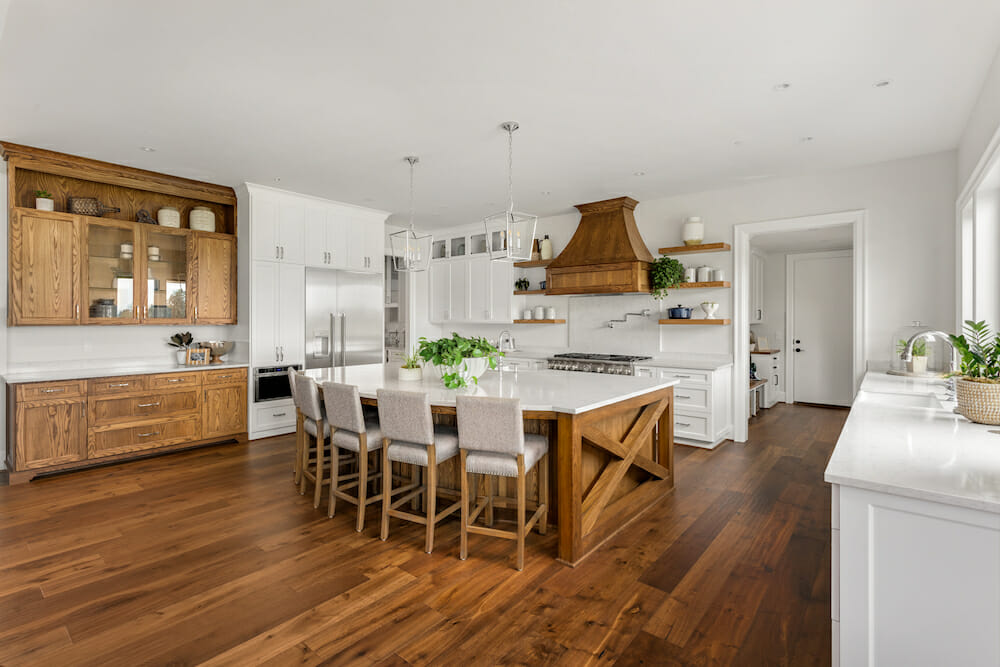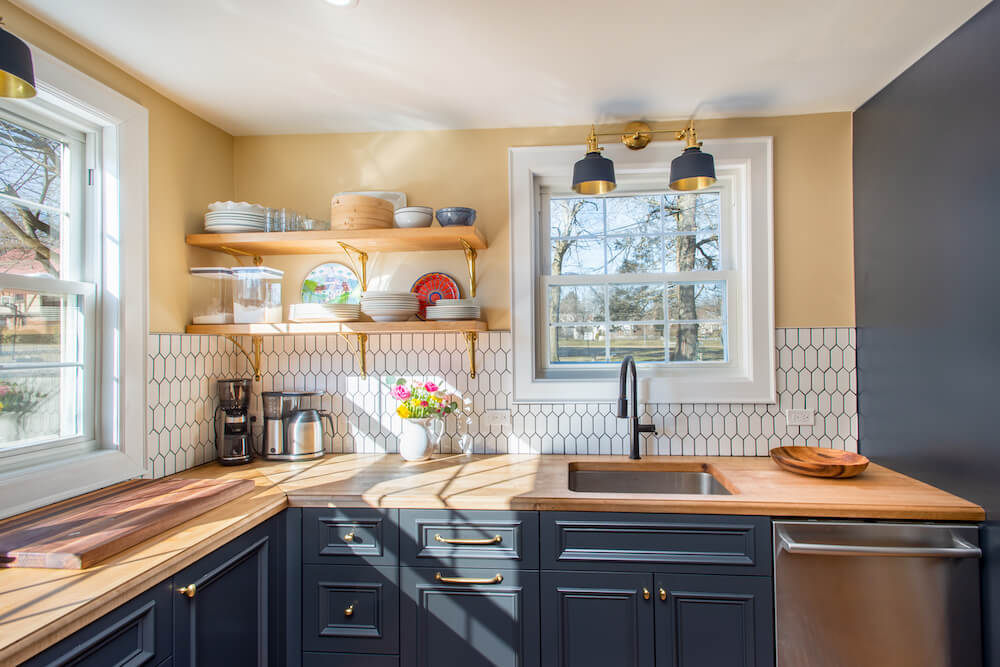Porcelain Countertops: A Worthwhile Investment?
Porcelain countertops have gained popularity among homeowners seeking a durable, stylish, and low-maintenance kitchen surface. Their sleek appearance and impressive longevity make them a compelling alternative to traditional materials like granite and marble. However, the initial investment in porcelain can be substantial, prompting many to question whether it’s truly worth the cost. In this article, we’ll explore the pros and cons of porcelain countertops, examining their long-term value and helping you decide if they’re the right investment for your home.
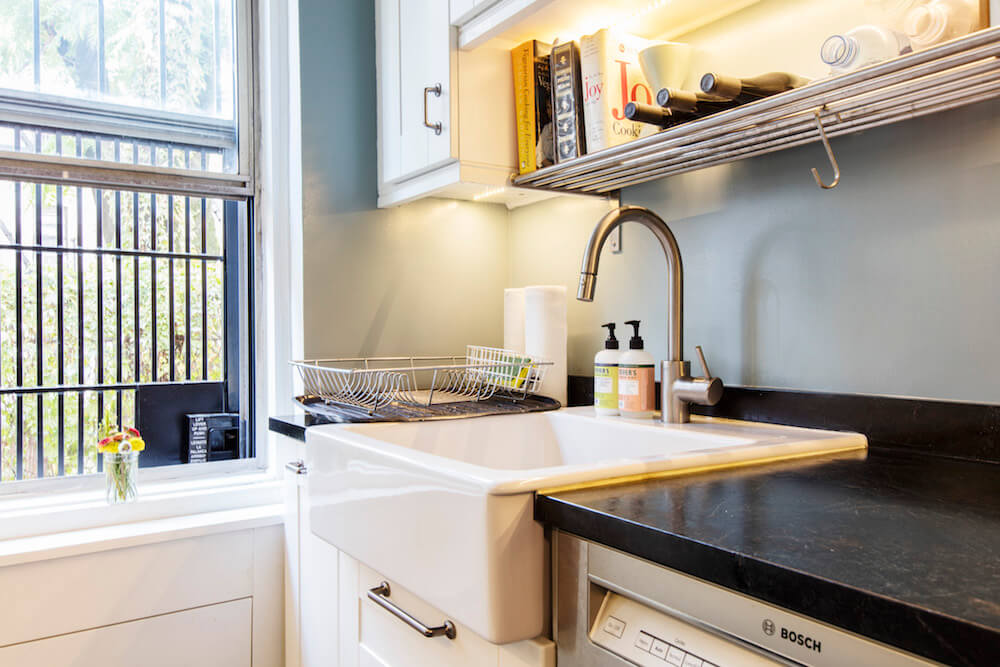
Cost and value
Porcelain countertops: A cost breakdown
- $50 to $100 per square foot
The cost of porcelain countertops can vary depending on several factors, including the thickness, color, and design complexity. On average, porcelain countertops cost between $50 to $100 per square foot, which is generally comparable to other high-end countertop materials. However, it’s important to consider the long-term value of porcelain countertops, as they are known for their durability and resistance to stains, scratches, and heat.
Factors affecting porcelain countertop prices
Several factors can influence the price of porcelain countertops:
- Thickness: Thicker porcelain slabs tend to be more expensive.
- Color and design: Certain colors and designs may require additional processing or materials, leading to higher costs.
- Edge profiles: Elaborate edge profiles can add to the overall price.
- Installation: The cost of installation will vary depending on the size of your kitchen and the complexity of the project.
Long-Term Value: Is porcelain worth the investment?
While porcelain countertops may have a higher upfront cost compared to some other materials, their long-term value can make them a worthwhile investment. Porcelain is highly durable and resistant to stains, scratches, and heat, meaning they can last for many years with proper care. Additionally, porcelain countertops can add value to your home, making them a wise choice if you’re planning to sell your property in the future.
Choosing the right supplier
Key factors to consider when selecting a supplier
When choosing a supplier for your porcelain countertops, it’s essential to consider the following factors:
- Experience and Reputation: Look for a supplier with a proven track record in the industry.
- Product Selection: Ensure the supplier offers a wide range of porcelain countertop options to suit your preferences.
- Quality and Certifications: Verify that the supplier’s products meet or exceed industry standards.
- Customer Service: Choose a supplier that provides excellent customer service and support.
Tips for Finding a Reputable Porcelain Countertop Supplier
Here are some tips for finding a reputable porcelain countertop supplier:
- Read online reviews: Check online reviews and testimonials from previous customers.
- Ask for recommendations: Ask friends, family, or your contractor from Sweeten for recommendations.
- Visit showrooms: Visit showrooms to see the supplier’s products in person.
- Request samples: Request samples of different porcelain countertop colors and finishes.
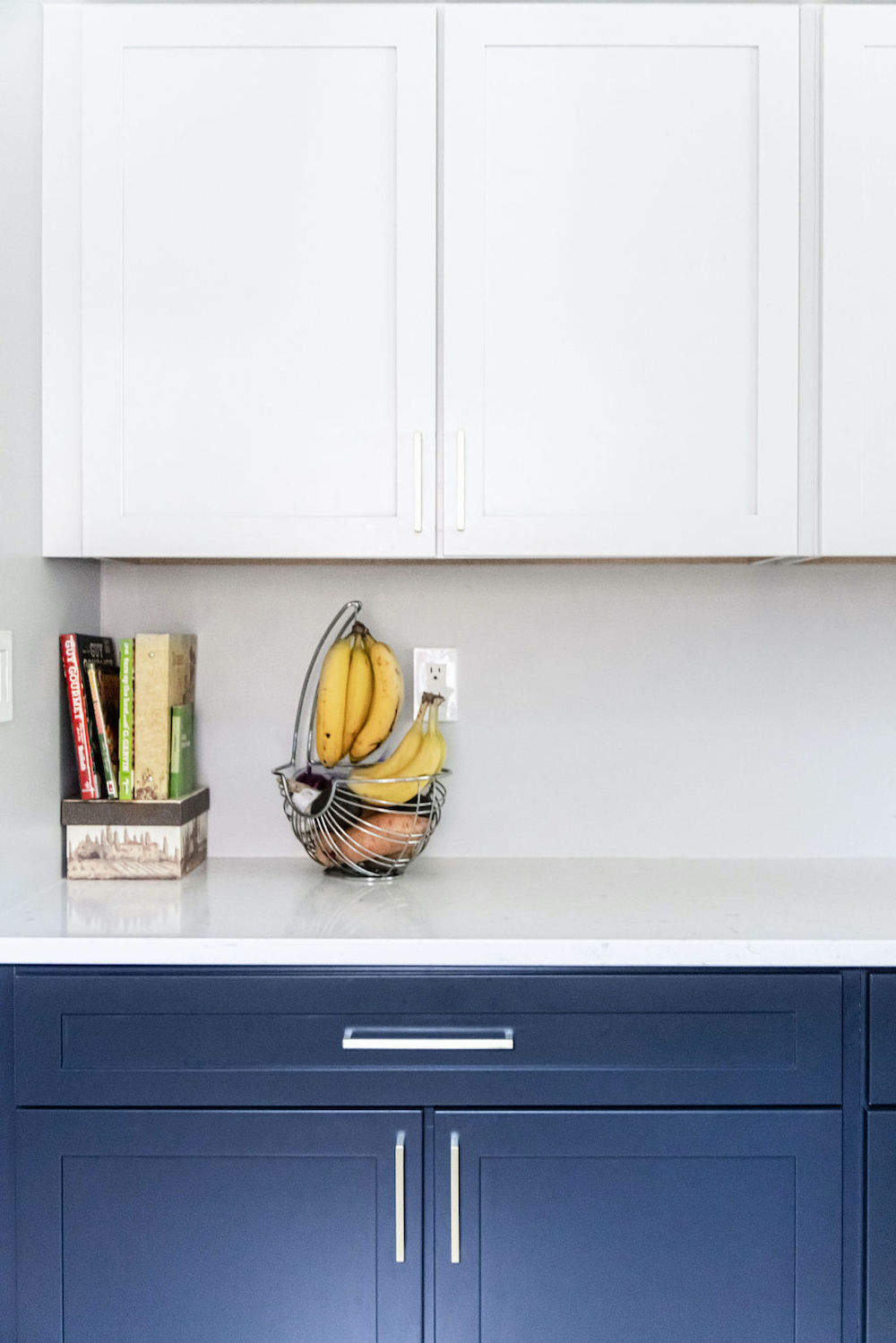
The importance of quality and service
Investing in high-quality porcelain countertops from a reputable supplier is crucial. A well-made countertop will not only look great but will also provide years of durability and performance. Additionally, a reliable supplier will offer excellent customer service and support throughout the entire process, from selection and installation to ongoing maintenance. Sweeten brings homeowners an exceptional renovation experience by personally matching trusted general contractors to your project, while offering expert guidance and support—at no cost to you. Renovate expertly with Sweeten
Installation: Partnering with a general contractor
Why hire a general contractor for porcelain countertop installation
Installing porcelain countertops can be a complex task that requires specialized skills and equipment. Hiring a general contractor can ensure that the installation is done correctly and efficiently, preventing potential damage to your countertops or other kitchen components.
Benefits of professional installation
There are several benefits to hiring a general contractor for porcelain countertop installation:
- Expertise: General contractors have the experience and knowledge to handle complex installations.
- Efficiency: Professional installers can complete the job quickly and efficiently.
- Quality: A well-installed countertop will look great and function properly.
- Warranty: Many general contractors offer warranties on their installation services.
Key considerations when partnering with a general contractor
When partnering with a general contractor for porcelain countertop installation, consider the following:
- Experience: Look for a contractor with experience in installing porcelain countertops.
- Licensing and insurance: Ensure the contractor is properly licensed and insured.
- References: Ask for references from previous clients.
- Estimate: Obtain a detailed estimate of the installation cost.
At Sweeten, we’re experts at all things general contractors — we pre-screen them for our network, carefully select the best ones for your remodeling project, and work closely with hundreds of general contractors every day. So, we’ve tapped our internal expertise to bring you this guide.
Maintenance: Keeping your porcelain countertops beautiful
Essential Maintenance Tips for Porcelain Countertops
Porcelain countertops are relatively easy to maintain, but there are a few essential tips to keep them looking their best:
- Daily cleaning: Wipe down your countertops daily with a soft cloth and mild detergent.
- Avoid harsh chemicals: Avoid using harsh chemicals or abrasive cleaners that can scratch the surface.
- Protect from heat: Use hot pads or trivets to protect your countertops from hot pots and pans.
- Repair chips or cracks: If your countertops develop chips or cracks, have them repaired promptly to prevent further damage.
Cleaning and care products
Here are some recommended cleaning and care products for porcelain countertops:
- Mild Detergent: A mild dish soap is often sufficient for daily cleaning.
- Soft Cloth: Use a soft, non-abrasive cloth to avoid scratching the surface.
- Glass Cleaner: For stubborn stains, you can use a glass cleaner.
- Stone Sealer: While not always necessary, applying a stone sealer can help protect the surface from stains and moisture.
Preventing damage and scratches
To prevent damage and scratches to your porcelain countertops:
- Use Cutting Boards: Always use cutting boards to protect the surface from knife marks.
- Avoid Heavy Impacts: Be careful not to drop heavy objects on your countertops.
- Handle Hot Items Carefully: Use hot pads or trivets to protect your countertops from heat.
- Protect from Acids: Avoid using acidic substances directly on your countertops, as they can etch the surface.
Porcelain countertops offer a compelling combination of durability, style, and low maintenance. While they may have a higher upfront cost compared to some other materials, their long-term value and potential to increase home value make them a worthwhile investment. By carefully considering factors such as cost, supplier selection, installation, and maintenance, you can confidently choose porcelain countertops to enhance your kitchen and elevate your home’s overall appeal.
Ready to renovate? Start here for free!
Here you can learn more about our services and locations. Alternatively, browse more home renovation inspirations, processes, and cost guides.
